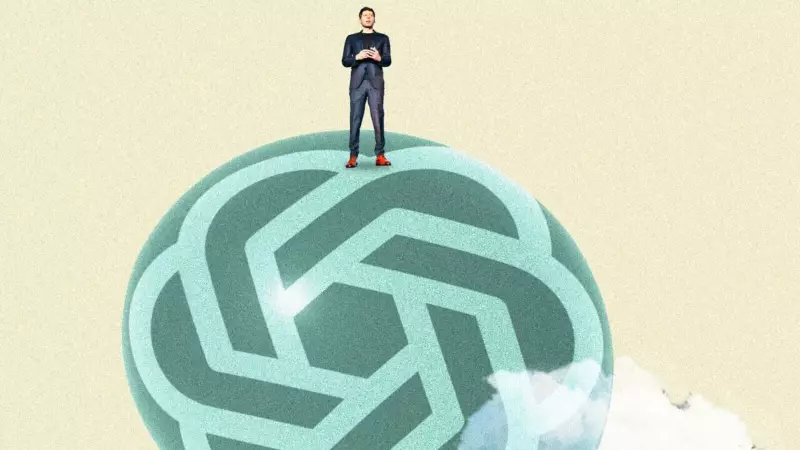
In the rapidly evolving landscape of artificial intelligence, OpenAI has emerged not just as a leader but as a potential systemic risk to the entire technology ecosystem. The company's meteoric rise from research laboratory to AI powerhouse has regulators and industry experts asking a critical question: has OpenAI become too big to fail?
The Unprecedented Dominance of OpenAI
What began as a non-profit research organization has transformed into one of the most influential tech companies globally. With ChatGPT amassing over 100 million weekly users and powering everything from Microsoft's products to countless third-party applications, OpenAI's technology has become deeply embedded across industries.
The scale is staggering: millions of developers building on OpenAI's APIs, enterprises integrating GPT-4 into their core operations, and educational institutions adopting the technology for teaching and research. This widespread adoption creates a level of dependency that echoes the "too big to fail" scenario seen in banking during the 2008 financial crisis.
Why Systemic Risk Concerns Are Growing
Several factors contribute to the growing concern about OpenAI's systemic importance:
- Market concentration: OpenAI dominates the generative AI market, creating single-point-of-failure risks
- Infrastructure dependency: Countless businesses now rely on OpenAI's APIs for critical operations
- Workforce impact: Millions of professionals use ChatGPT daily for productivity and decision-making
- Research leadership: The company sets the pace for AI safety standards and development practices
The Regulatory Conundrum
Regulators worldwide face a delicate balancing act. On one hand, they want to encourage innovation and maintain America's competitive edge in AI. On the other, they must address the potential risks of having such concentrated power in a technology that could transform society.
"The challenge," explains one industry analyst, "is that we're dealing with unprecedented technological capability that's evolving faster than our regulatory frameworks can adapt."
What Happens If OpenAI Stumbles?
Consider the ripple effects if OpenAI were to experience a major service disruption, security breach, or financial instability:
- Thousands of businesses would lose critical AI capabilities overnight
- Development projects across multiple industries would face significant delays
- Investor confidence in the AI sector could plummet
- Competition might not be able to fill the void quickly enough
The Path Forward: Balancing Innovation and Stability
Experts suggest several approaches to mitigate these risks while preserving innovation:
Increased transparency about safety protocols and governance structures could build trust. Developing backup systems and promoting open-source alternatives would create redundancy. International cooperation on AI standards could prevent regulatory fragmentation.
As one tech policy expert notes, "We need to ensure that the benefits of AI are widely distributed while building safeguards against concentration risk. The goal shouldn't be to stifle OpenAI but to ensure the ecosystem remains resilient."
The conversation around OpenAI's systemic importance is just beginning. As artificial intelligence continues to reshape our world, finding the right balance between fostering innovation and managing risk will be one of the defining challenges of our technological era.





